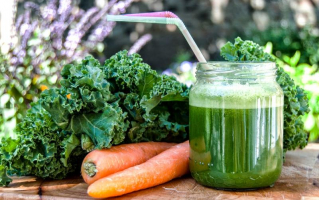Top 8 Health Benefits of Honeydew Melon
Honeydew melon, often known as honey melon, is a fruit of the melon species Cucumis melo (muskmelon). Honeydew's tasty flesh is normally pale green, with a ... read more...white-yellow skin tone. It is similar in size and form to its cousin, the cantaloupe. Honeydew melon is accessible all around the world and can be eaten alone or in sweets, salads, snacks, and soups. Though its sweetness may be its most appealing feature, honeydew is also healthy and may give various advantages. Here are the most surprising honeydew melon advantages.
-
Honeydew's broad nutritional profile is likely its most valued attribute. Indeed, its numerous potential health advantages may be attributed to the diverse minerals and plant components. A 1-cup (177-gram) serving of honeydew melon provides:
- Calories: 64
- Carbs: 16 grams
- Fiber: 1.4 grams
- Protein: 1 gram
- Fat: 0 grams
- Vitamin C: 53% of the reference daily intake (RDI)
- Vitamin B6: 8% of the RDI
- Folate: 8% of the RDI
- Vitamin K: 6% of the RDI
- Potassium: 12% of the RDI
- Magnesium: 4% of the RDI
Furthermore, honeydew fruit and seeds contain antioxidant-rich substances such as beta-carotene (provitamin A), phytoene, quercetin, and caffeic acid.
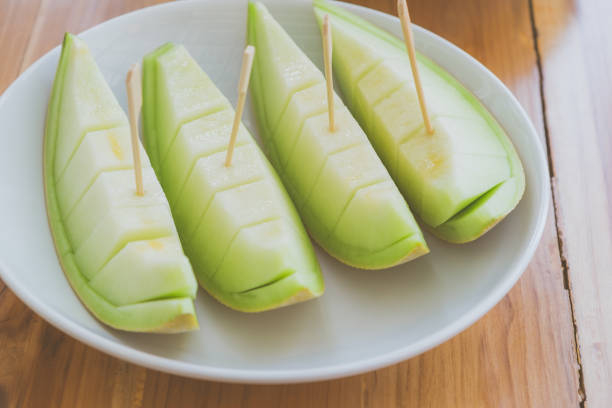
Rich in Nutrients 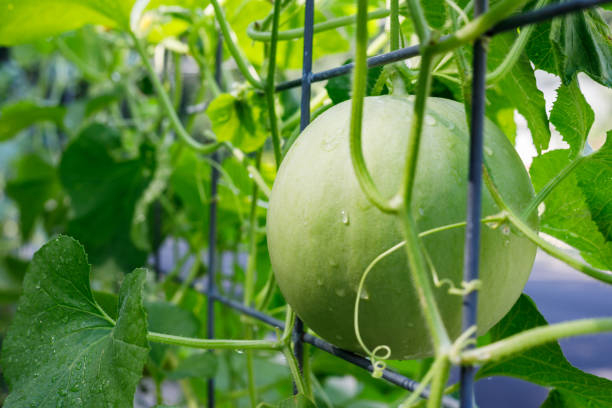
Rich in Nutrients -
A diet enriched in fruits and vegetables is connected with a lower risk of high blood pressure and heart disease in general. More particular, it is widely recognized that a low-sodium diet and enough potassium consumption can help regulate your blood pressure.
Because honeydew melon is low in sodium and high in potassium, it may help you maintain healthy blood pressure levels. If you want to boost your potassium consumption, try to include honeydew in your diet. It has a high potassium content, with a 1-cup (177-gram) serving to provide 12% of the RDI.
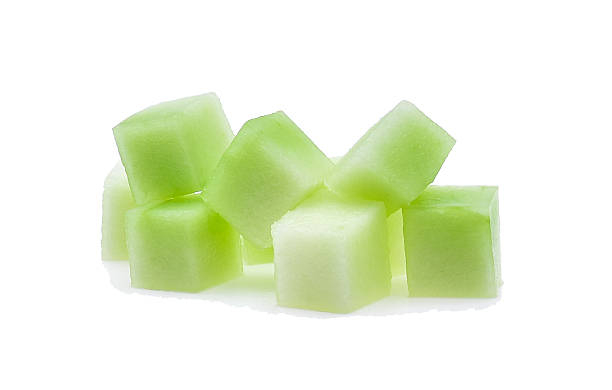
May Help Reduce Blood Pressure 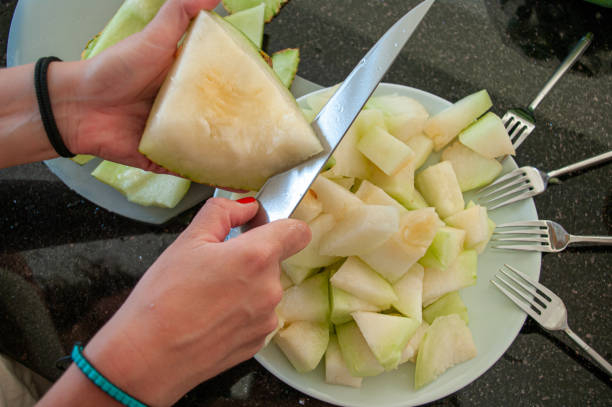
May Help Reduce Blood Pressure -
Honeydew melon includes various elements that are essential for bone repair and maintenance, including folate, vitamin K, and magnesium. The melon, in particular, is a significant source of folate, with 1 cup (177 grams) supplying 8% of the RDI. Folate is required for the breakdown of homocysteine, which has been related to decreased bone mineral density over time. Though more study is needed to make conclusive conclusions about the association between folate and bone health, consuming folate-rich foods like honeydew may support strong bones by keeping homocysteine levels within the usual range.
Vitamin K is required for the formation of osteocalcin, a significant structural protein in bone. As a result, proper vitamin K consumption is critical for bone health. This vitamin is found in honeydew, which provides 6% of the RDI. Furthermore, one serving of honeydew provides roughly 4% of your daily magnesium requirements. Magnesium is required for the cells responsible for the formation and breakdown of bone tissue to operate properly. As a result, magnesium is another essential vitamin for bone health. Honeydew also includes trace levels of calcium, phosphorus, and zinc, all of which are beneficial to bone health. While these nutrients are not highly concentrated in honeydew, adding the fruit to your diet can still support your bone health when paired with a balanced diet that includes a variety of other nutrient-dense foods.

Contains Nutrients Vital to Bone Health 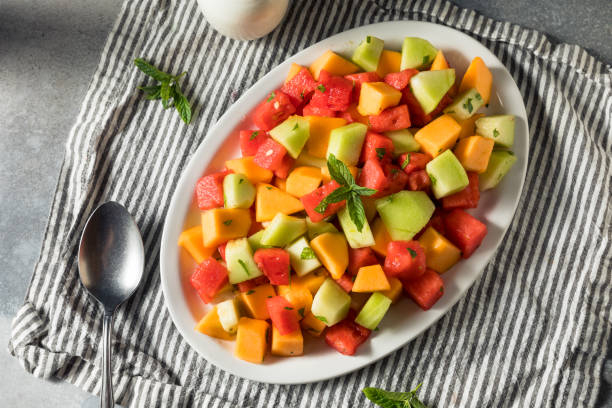
Contains Nutrients Vital to Bone Health -
According to some studies, eating fruits like honeydew melon on a daily basis may help maintain appropriate blood sugar levels. A recent seven-year study of half a million people discovered that those who ate fresh fruit on a daily basis were 12% less likely to acquire diabetes than those who rarely ate the fruit.
Eating fruit at least three times per week resulted with a 13-28% decreased risk of diabetes-related health issues, as well as a 17% lower chance of premature mortality in individuals who already had diabetes at the start of the trial. While honeydew melon has carbohydrates that might temporarily elevate your blood sugar, it also contains fiber and other nutrients that may help improve blood sugar control over time.
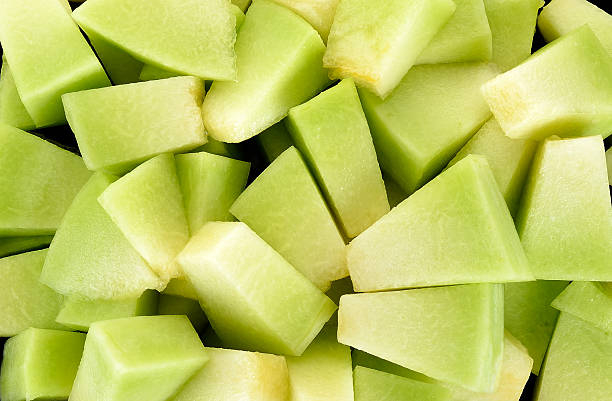
May Improve Blood Sugar Control 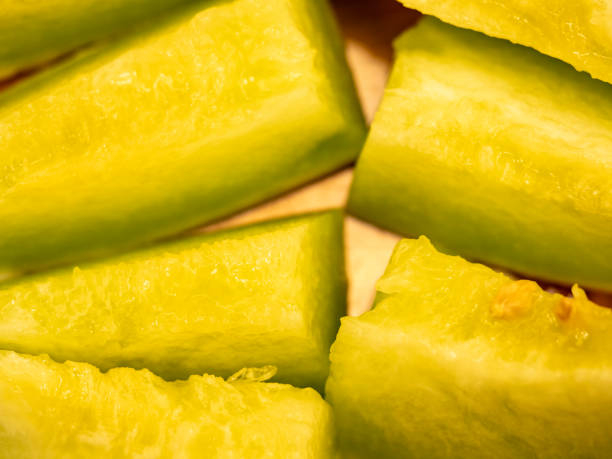
May Improve Blood Sugar Control -
Because of its high vitamin C concentration, honeydew melon may promote healthy skin. Adequate vitamin C consumption is required for the appropriate formation of collagen, a significant structural protein required for the repair and maintenance of skin tissue. Furthermore, because vitamin C is a potent antioxidant, some study suggests that it may protect your skin from UV damage.
Honeydew melon is high in vitamin C, with a single cup (177 grams) providing 53% of the RDI. Though vitamin C may be obtained from a variety of foods, eating honeydew is a simple method to achieve your daily requirements while also encouraging healthy skin.
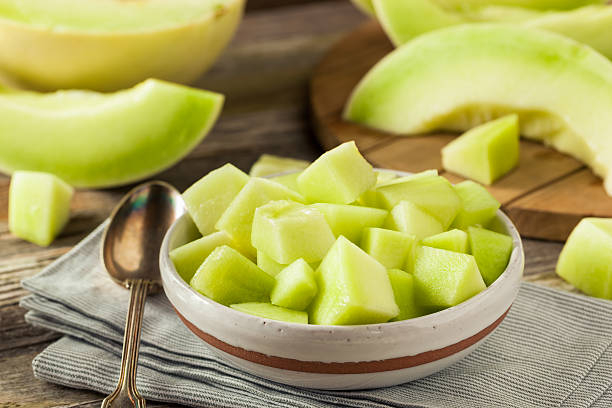
May Support Healthy Skin 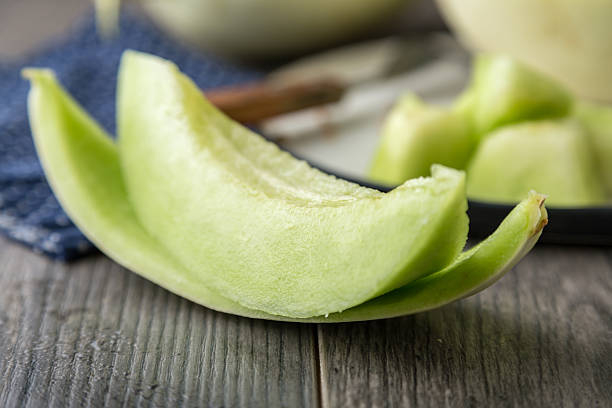
May Support Healthy Skin -
Vitamin C is perhaps best known for its role in immune function, and honeydew melon is high in it. The human immune system is complicated and requires a wide range of nutrients to operate effectively - vitamin C is one of them.
Indeed, evidence shows that high dietary vitamin C intake may both prevent and cure a variety of respiratory and systemic diseases, including pneumonia and the common cold. A 1-cup (177-gram) portion of honeydew has more than half of the RDI for vitamin C, making it an excellent fruit to include in your diet as you prepare for the next cold season.
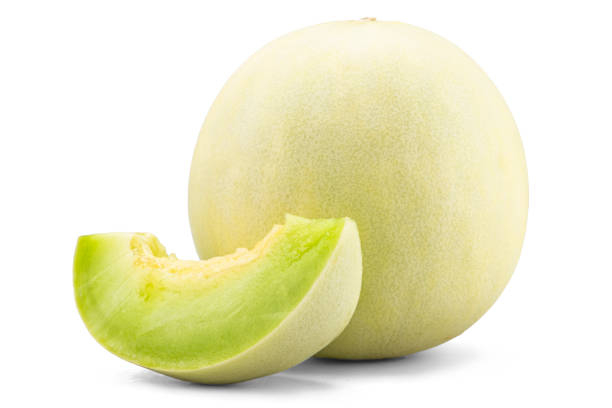
May Boost Your Immune System 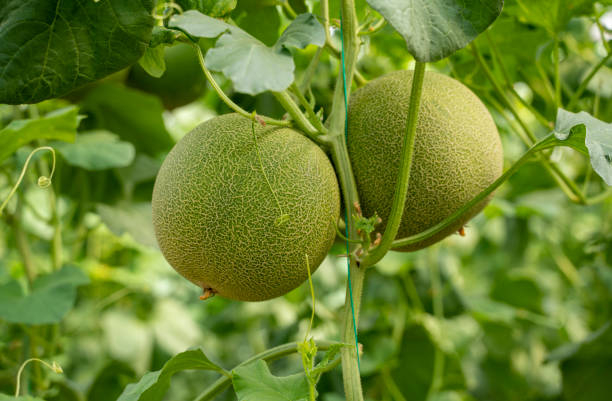
May Boost Your Immune System -
Fiber, a substance well known for aiding digestive health, is found in honeydew melon. Adequate dietary fiber consumption decreases blood sugar response, enhances bowel regularity, and encourages the development of beneficial gut flora. A single cup (177 grams) contains around 1.5 grams of fiber or about 5% of the RDI.
Even though many other fruits have more fiber per serving, honeydew can help you meet your daily fiber requirements. In fact, for some persons with digestive difficulties or those who are adding or returning fiber into their diet for the first time, a lower-fiber fruit like honeydew may be tolerated better than other high-fiber meals.
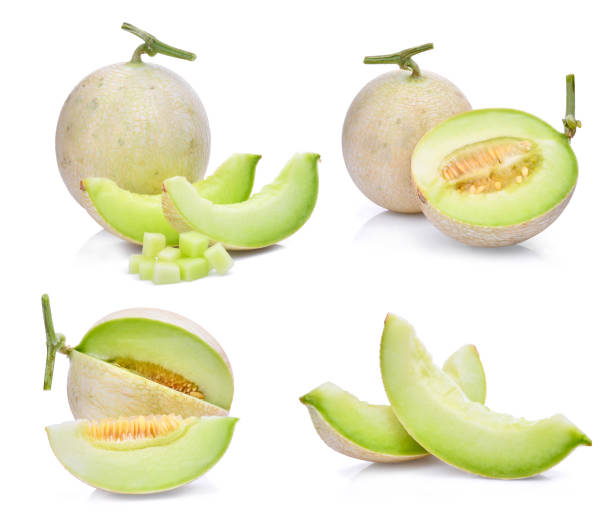
May Promote Proper Digestion 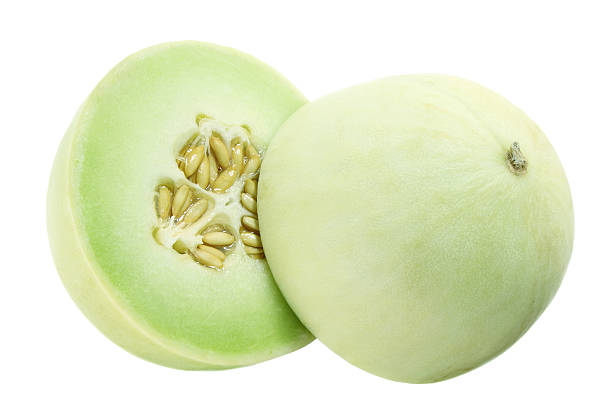
May Promote Proper Digestion -
Water is usually the first thing that springs to mind when you think of hydration. However, in order to hydrate effectively and appropriately, your body needs more than just water – it also requires electrolytes. Honeydew melon includes electrolytes such as potassium, magnesium, sodium, and calcium and is about 90% water. Honeydew's balance of water and nutrients makes it ideal for rehydrating after an exercise, during illness, or simply staying hydrated throughout the day.
Honeydew melon is high in two antioxidants: lutein and zeaxanthin. These carotenoid chemicals are widely known for promoting eye health and avoiding age-related vision loss. According to research, consuming foods high in antioxidants, such as honeydew melon, on a daily basis may help you maintain optimal eye function throughout your life.
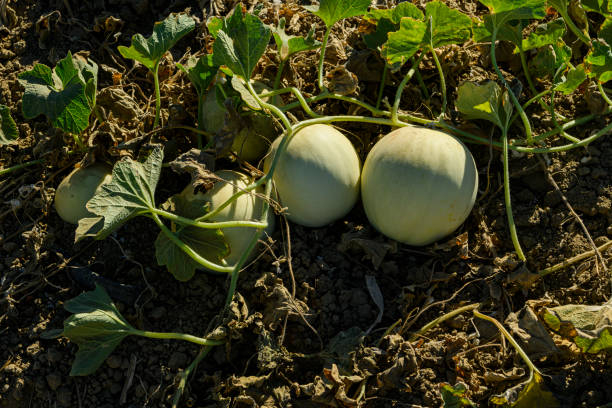
Rich in Electrolytes and Water 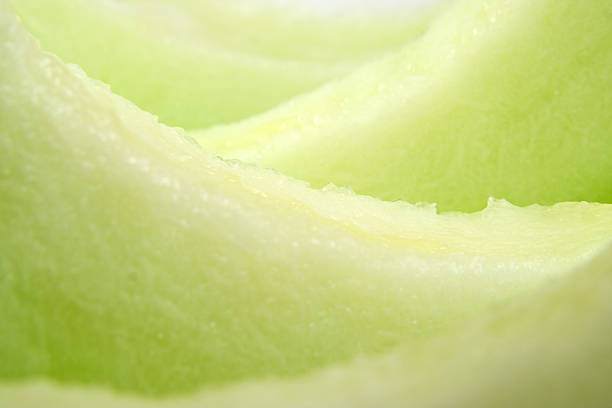
May Support Vision





















